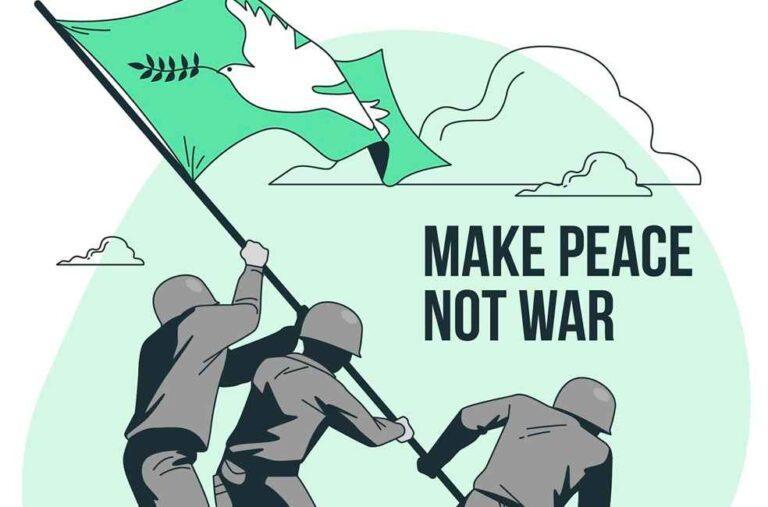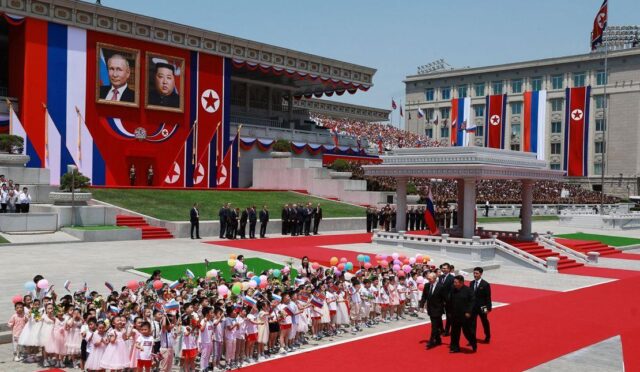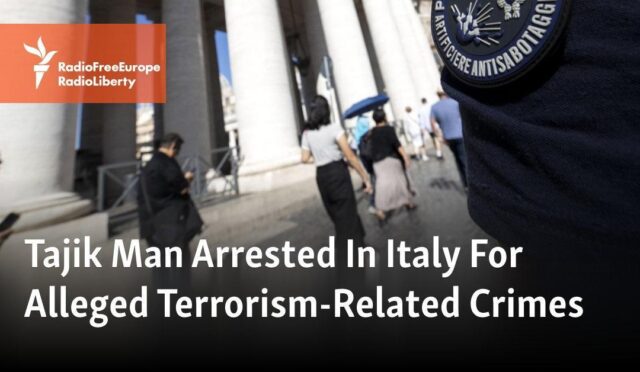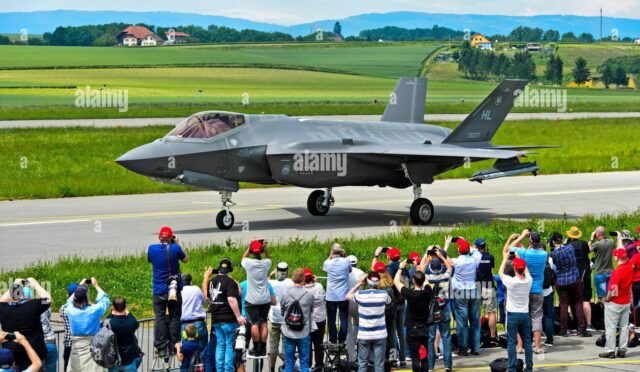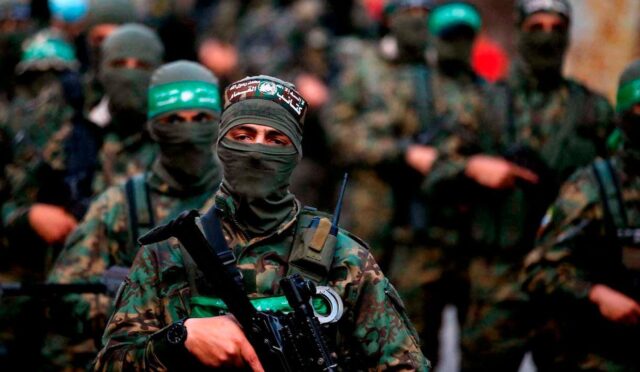Trump Declares Ceasefire Between Iran and Israel
US President Donald Trump made an urgent announcement on Tuesday, declaring that a ceasefire between Iran and Israel was now in effect. He urged both nations to refrain from violating the truce on the twelfth day of escalating tensions between these long-time adversaries. “THE CEASEFIRE IS NOW IN EFFECT. PLEASE DO NOT VIOLATE IT!” Trump posted on his Truth Social platform, indicating that the ceasefire would initiate with Iran temporarily halting operations unilaterally.
According to Trump, the timeline for the truce began with a phased process starting at 04:00 GMT on Tuesday, with Israel expected to follow suit twelve hours later. However, the situation remains volatile, as both Iran and Israel have yet to officially confirm the ceasefire agreement outlined by Trump, which aims to end the ongoing conflict that has resulted in significant casualties on both sides.
Ongoing Violence Amid Ceasefire Announcement
Despite Trump’s announcement, violence continued to rage with reports from Israeli rescue teams detailing that four individuals had lost their lives due to an Iranian missile attack. This alarming development came shortly after Iranian state media revealed waves of missiles were en route to Israel. Iranian Foreign Minister Abbas Araghchi emphasized that there was “NO ‘agreement’ on ceasefire or cessation of military operations,” contradicting Trump’s claim.
Adding to the chaos, Israel’s military confirmed that sirens were activated in northern Israel in response to the incoming threats. Emergency services confirmed that three victims were pronounced dead in Beersheba, with a fourth casualty reported shortly thereafter. The intensity of the conflict was underscored by continued explosions in Tehran, described by AFP correspondents as the strongest since hostilities erupted.
Global Concerns Over Escalating Conflict
The ongoing hostilities have raised alarm bells among global leaders worried that the violence could escalate into a broader regional conflict. Following unexpected preemptive Israeli attacks targeting Iranian nuclear and military sites starting on June 13, Trump had previously warned of a potentially “massive” conflict in the region.
The situation intensified after Iran launched missiles at the Al Udeid Air Base in Qatar, the largest US military installation in the Middle East, a strike Trump characterized as “very weak.” The Iranian National Security Council defended its actions, stating the attack was a response to provocative US actions regarding Iran’s nuclear sites.
Iran’s Military Response and International Reactions
Iran’s missile offensive was perceived as a calculated response, with officials stressing it was designed to avoid American casualties. Ali Vaez, a senior advisor at the International Crisis Group, explained that the response was calibrated to maintain a balance, creating an ‘off-ramp’ for both sides.
Responding further to the increased tensions, the US launched attacks on Iran’s underground uranium enrichment facilities and two other nuclear sites, escalating the already fraught situation. French President Emmanuel Macron expressed the need to end the cycle of violence, while China warned of severe economic repercussions if the conflict intensified.
Reactions from Other Nations and Regional Impacts
Iran clarified that its missile attacks on Al Udeid were not directed towards Qatar, though the Qatari government labeled the actions as “blatant aggression” and asserted its right to a proportional response. According to Iranian state media, six missiles struck the base, which had been evacuated prior to the attack.
As tensions heighten, explosions have been reported within Qatar, and images of celebrations in Tehran have surfaced, with citizens waving flags and chanting slogans against the US. Concurrently, Qatar closed its airspace temporarily due to worsening regional tensions, with the US embassy advising citizens to stay indoors.
Casualty Reports and Humanitarian Concerns
In the aftermath of continued hostilities, Iran’s health ministry reported that the Israeli strikes had incurred over 400 fatalities, while Israeli sources indicated that 24 individuals had died as a result of Iran’s attacks. The rising death toll has heightened humanitarian concerns, prompting calls for immediate action to stop the bloodshed and facilitate relief efforts.
The situation remains complex with realities on the ground changing rapidly, underscoring the urgent need for a sustainable resolution. As world leaders continue to monitor developments, the hope is for a peaceful de-escalation to avoid further tragedy in the already troubled region.
